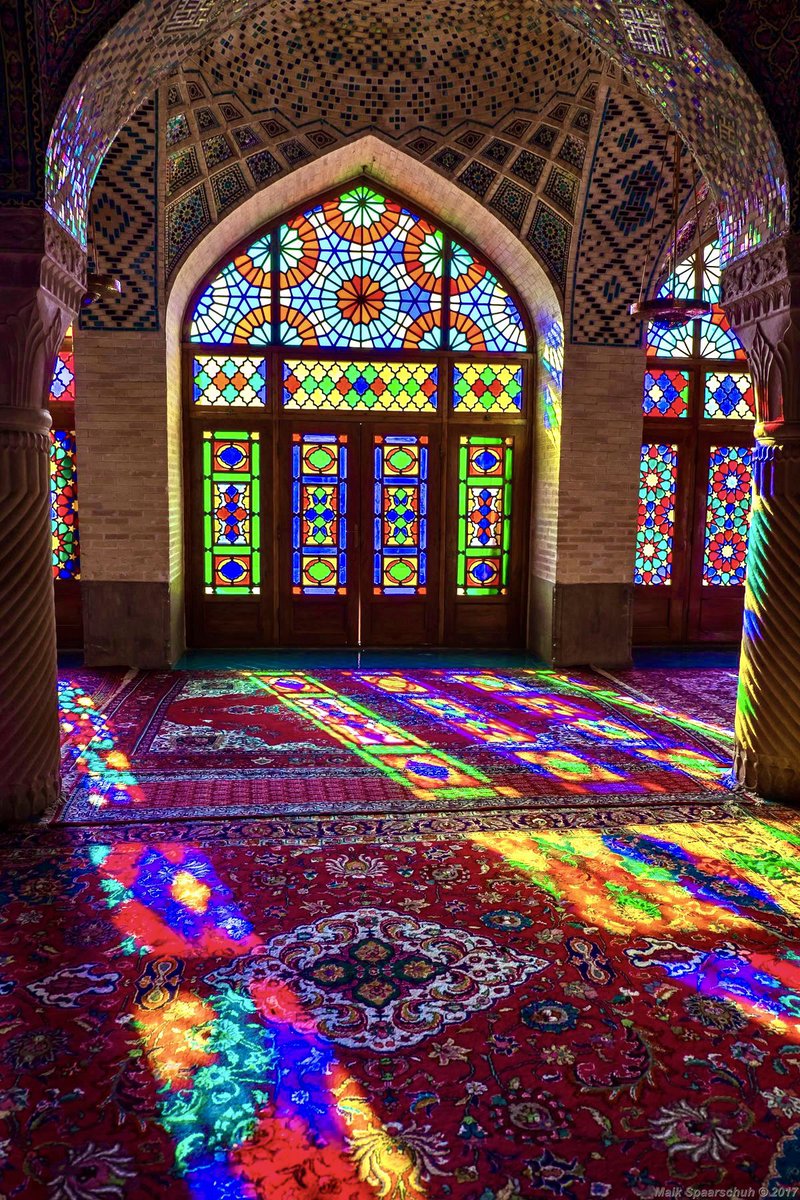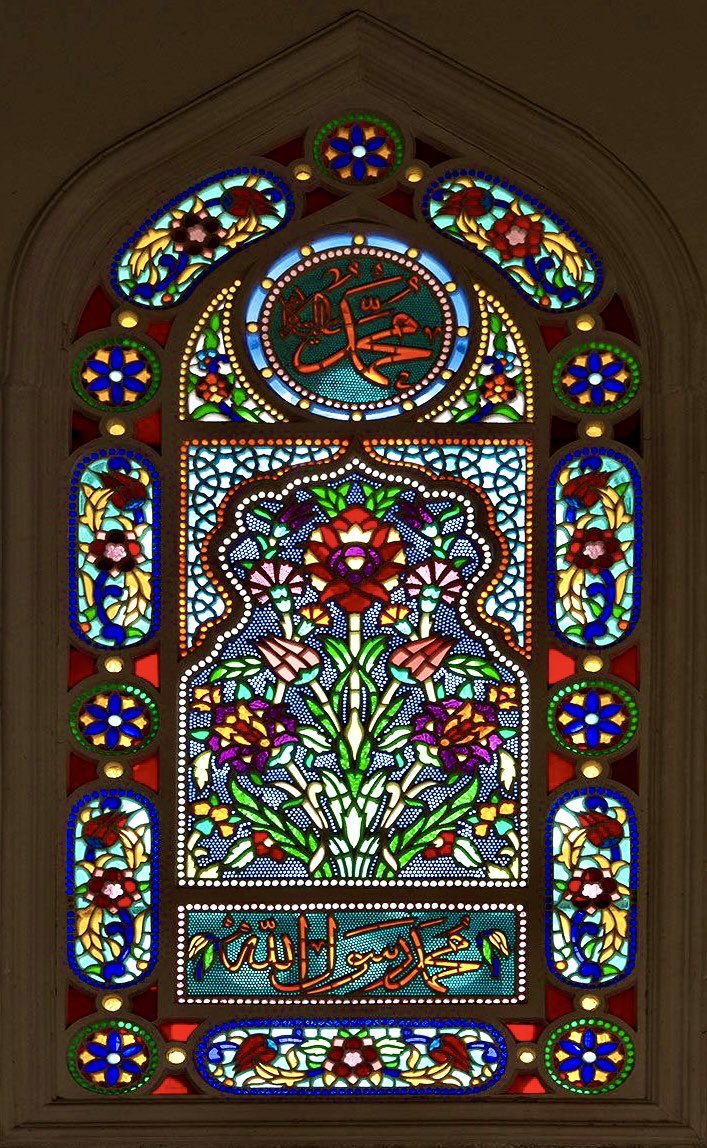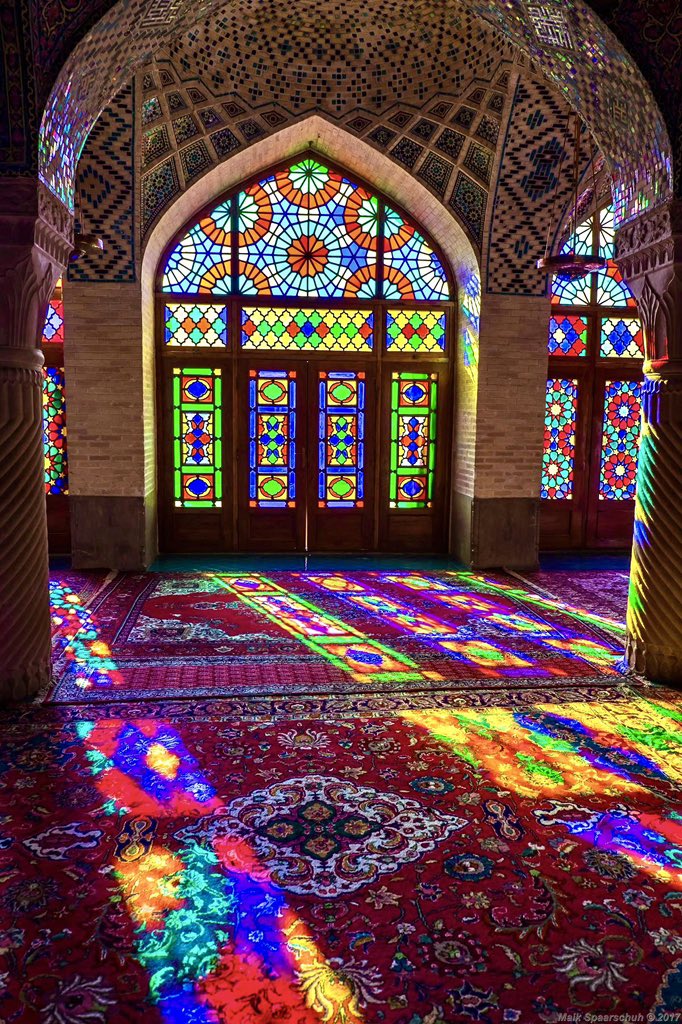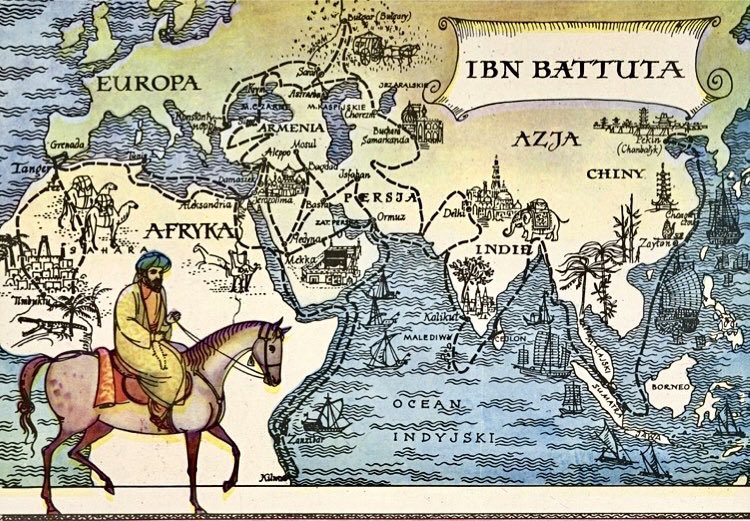Considered the greatest Ottoman architect, Mimar Sinan transformed the world with his many masterpieces, including the incredible Süleymaniye Mosque & Selimiye Mosque
But who was Mimar Sinan, whose ancient architectural works form the skyline of modern Istanbul?
A thread…
But who was Mimar Sinan, whose ancient architectural works form the skyline of modern Istanbul?
A thread…

1/ Sinan, better known as Koca Mimar Sinan Aga which literally means “Sinan Aga, the Grand Architect” was born in 1490 near Kayseri. He grew up helping his father, a stonemason & carpenter, which laid the groundwork for his future achievements as an architect. 
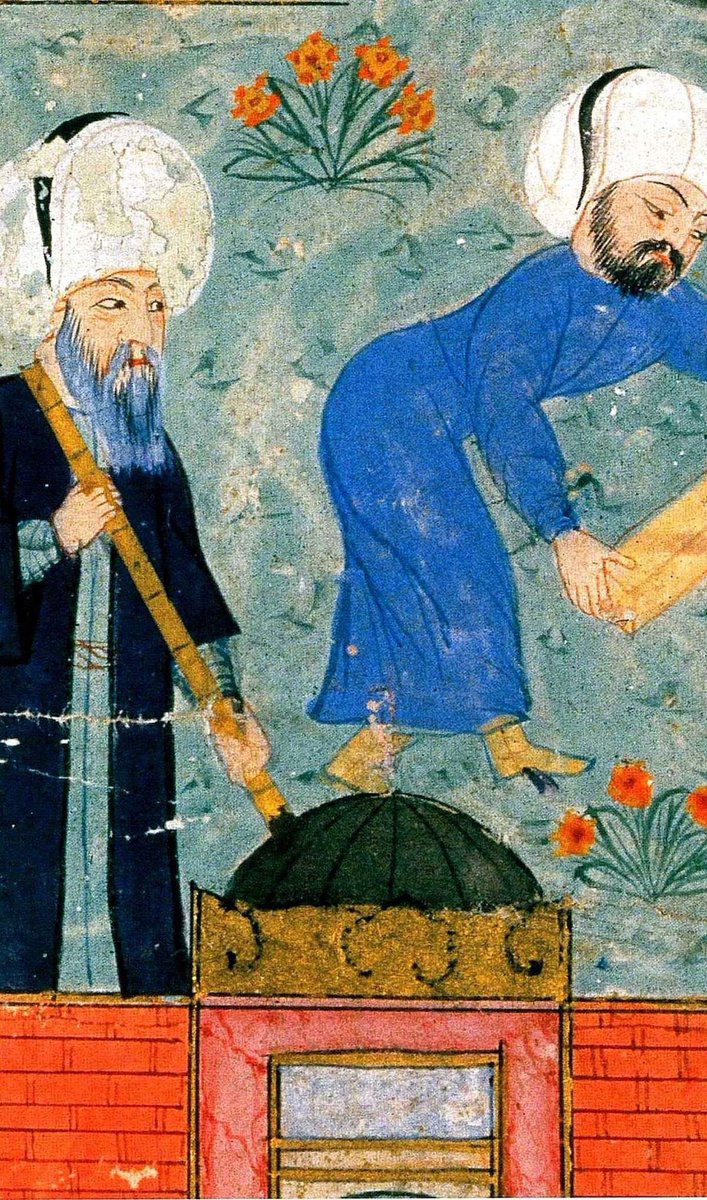
2/ Through the devshirme system, Sinan was conscripted into the Ottoman Janissary and attended an auxiliary school. There, he learned carpentry, mathematics, and assisted renowned architects, nurturing his ambition. 
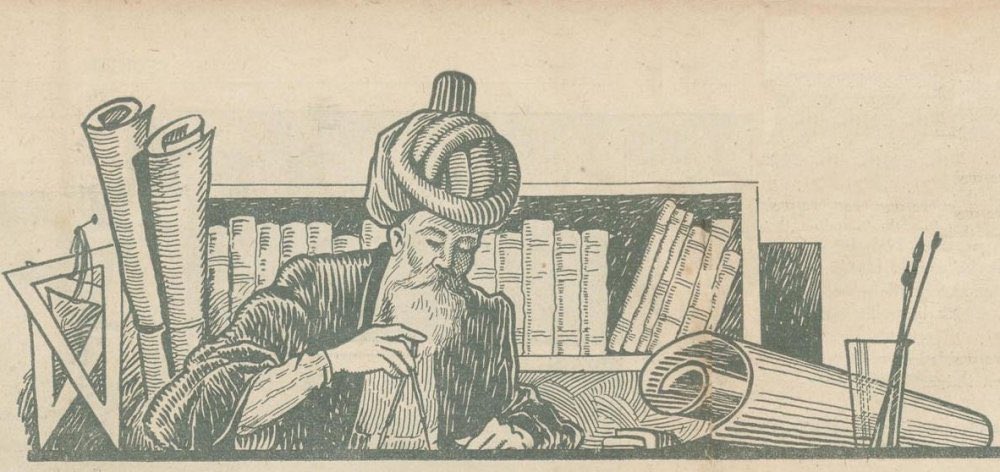
3/ Sinan actively participated in various Ottoman military campaigns, showcasing his skills as an architect and engineer. His accomplishments led to his promotion as the chief architect after the conquest of Cairo. 
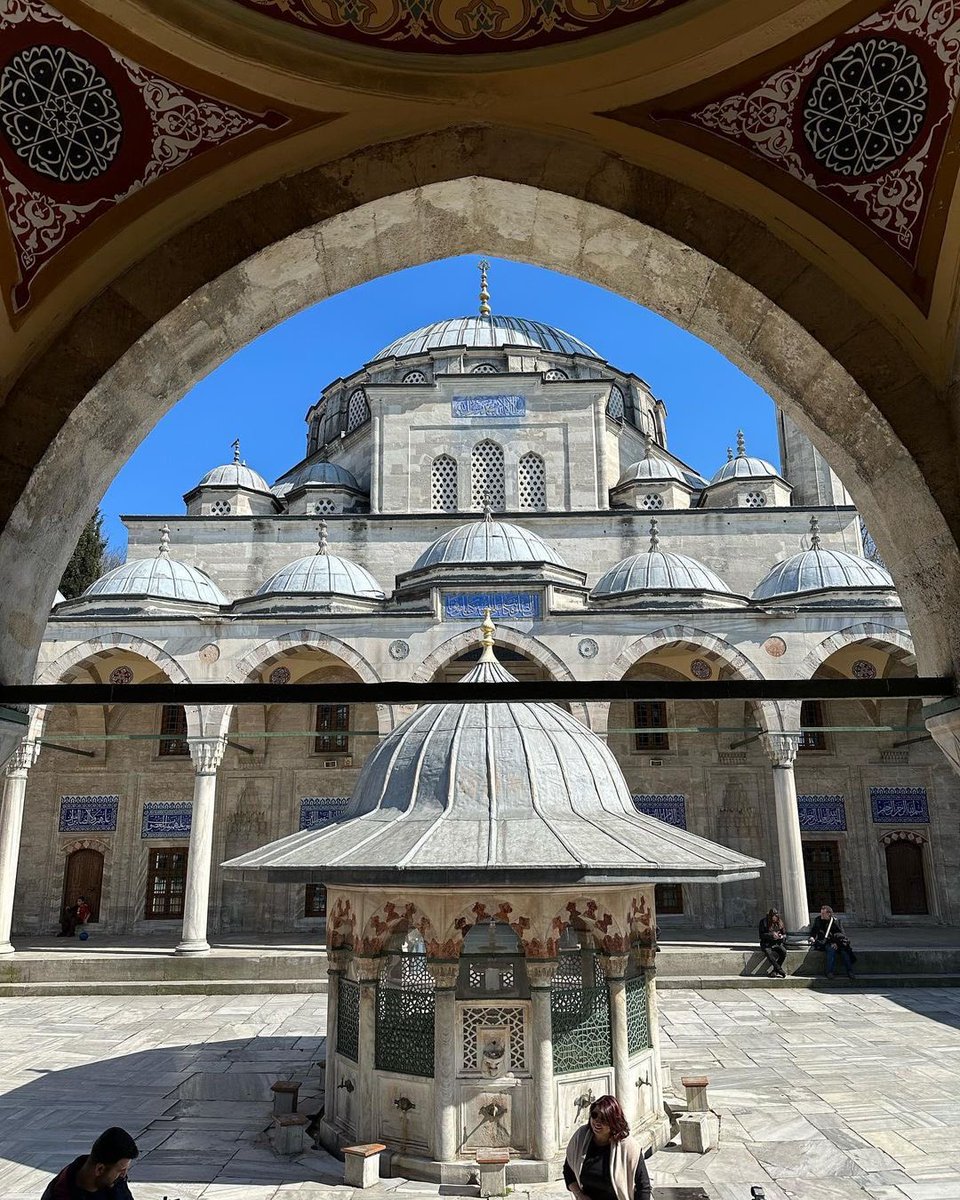
4/ Sinan's career flourished when he became the Architect of the Empire. Leading a Corps of architects and training assistants and pupils, he attracted royal and individual clients who sought his expertise. 
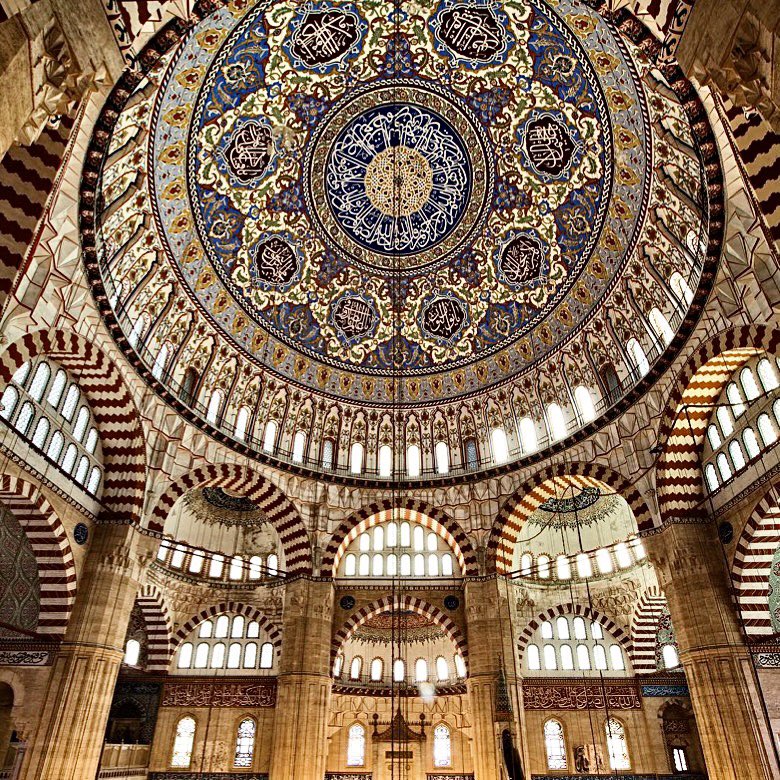
5/ Under Sultan Süleyman, Sinan reached the pinnacle of his career as the State Architect, a position he held for a decade. He left a lasting legacy, designing around 370 structures across the empire. 

6/ Sinan's architectural repertoire included 92 mosques, 52 mescit, 55 medrese, 20 türbe, 17 imaret, 3 darüşşifa, 6 aqueducts, 10 bridges, 20 caravanserai, 36 palaces, and 48 baths. 
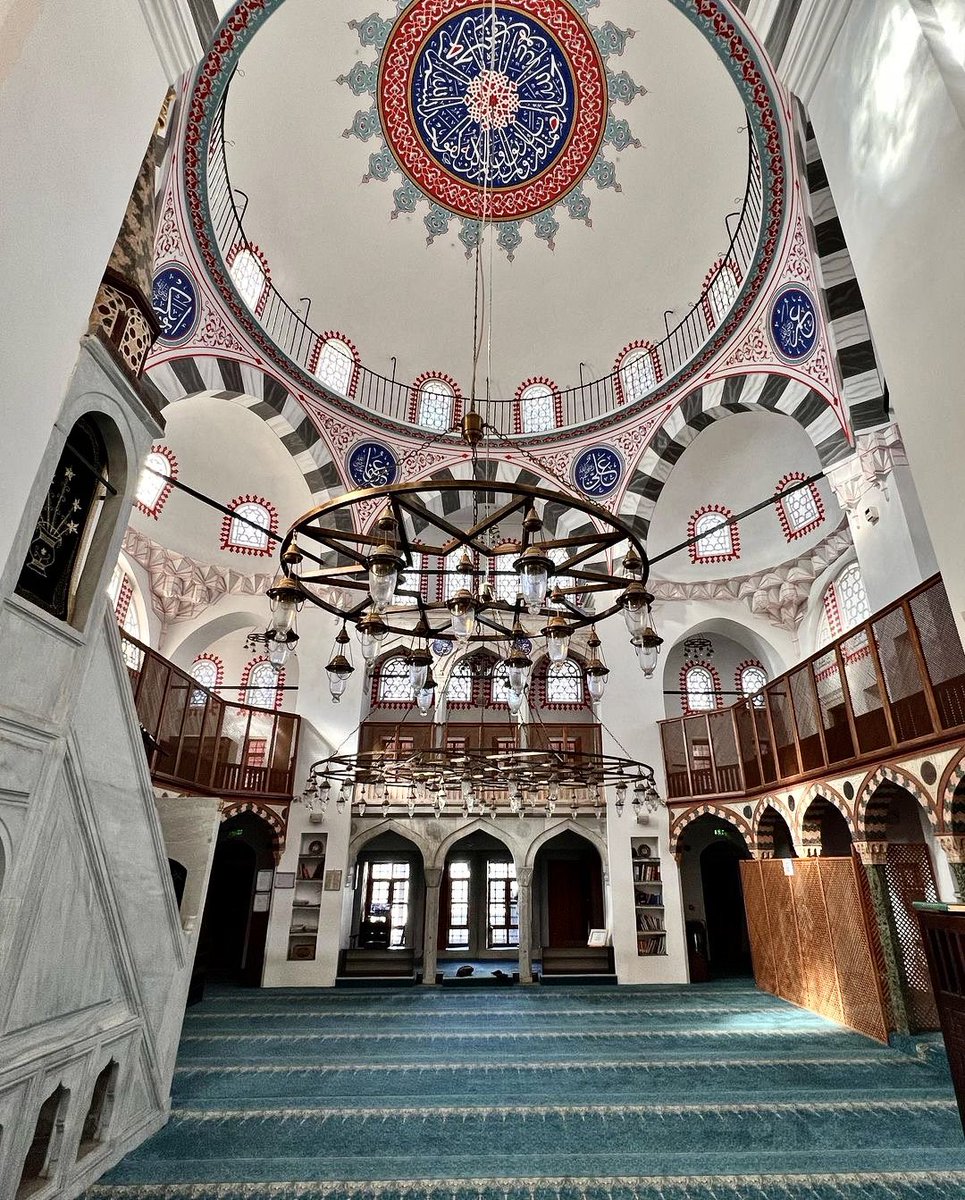
7/ Three iconic structures mark significant stages in Sinan's career:
The Şehzade Mosque (apprenticeship)
A 16th-century Ottoman imperial mosque located in the district of Fatih, on the third hill of Istanbul, Turkey. It was commissioned by Suleiman the Magnificent as a… twitter.com/i/web/status/1…
The Şehzade Mosque (apprenticeship)
A 16th-century Ottoman imperial mosque located in the district of Fatih, on the third hill of Istanbul, Turkey. It was commissioned by Suleiman the Magnificent as a… twitter.com/i/web/status/1…
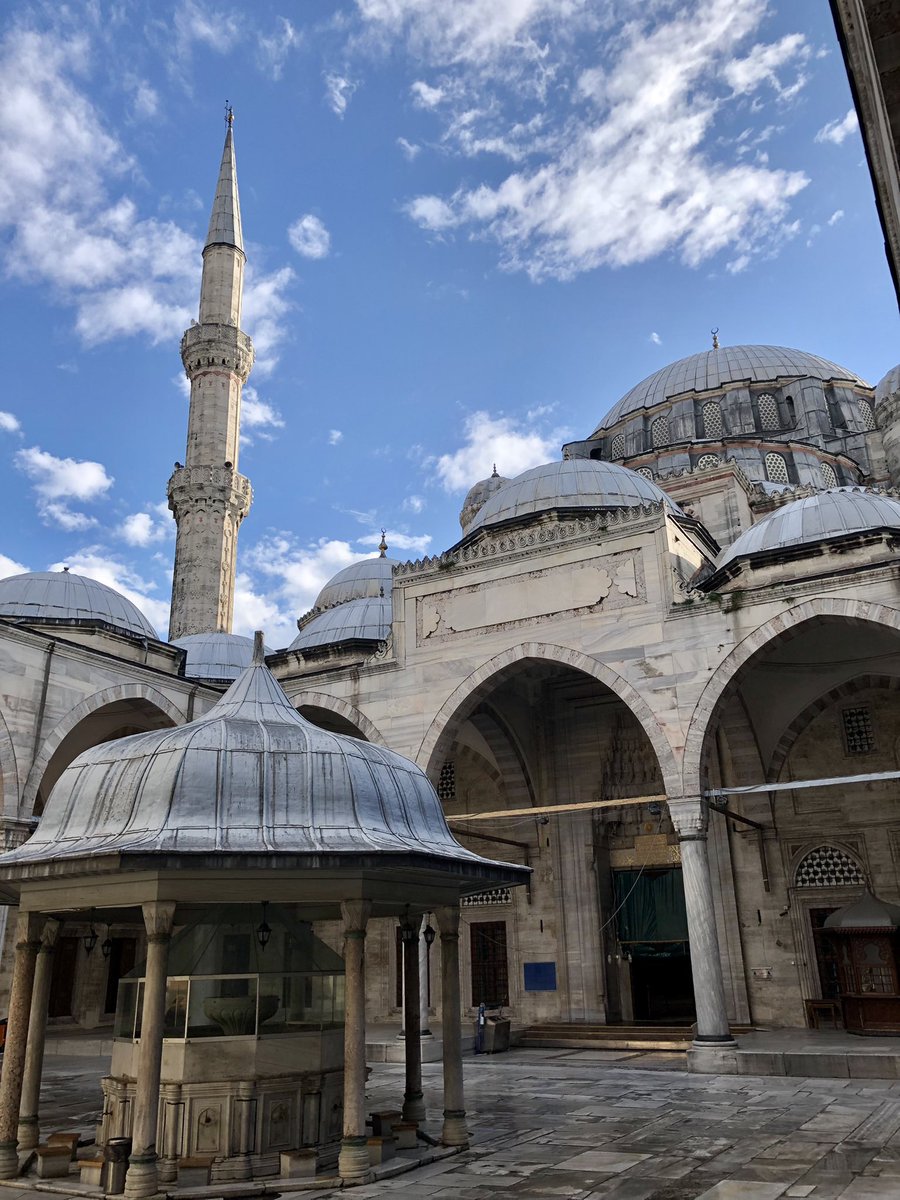
8/ The Süleymaniye Mosque (qualification)
An Ottoman imperial mosque commissioned by Suleiman the Magnificent and designed by the imperial architect Mimar Sinan. An inscription specifies the foundation date as 1550 and the inauguration date as 1557
An Ottoman imperial mosque commissioned by Suleiman the Magnificent and designed by the imperial architect Mimar Sinan. An inscription specifies the foundation date as 1550 and the inauguration date as 1557

9/ And the Selimiye Mosque (master stage) in Edirne.
An Ottoman imperial mosque, which is located in the city of Edirne, Turkey. The mosque was commissioned by Sultan Selim II, and was built by the imperial architect Mimar Sinan between 1568 and 1575.
An Ottoman imperial mosque, which is located in the city of Edirne, Turkey. The mosque was commissioned by Sultan Selim II, and was built by the imperial architect Mimar Sinan between 1568 and 1575.
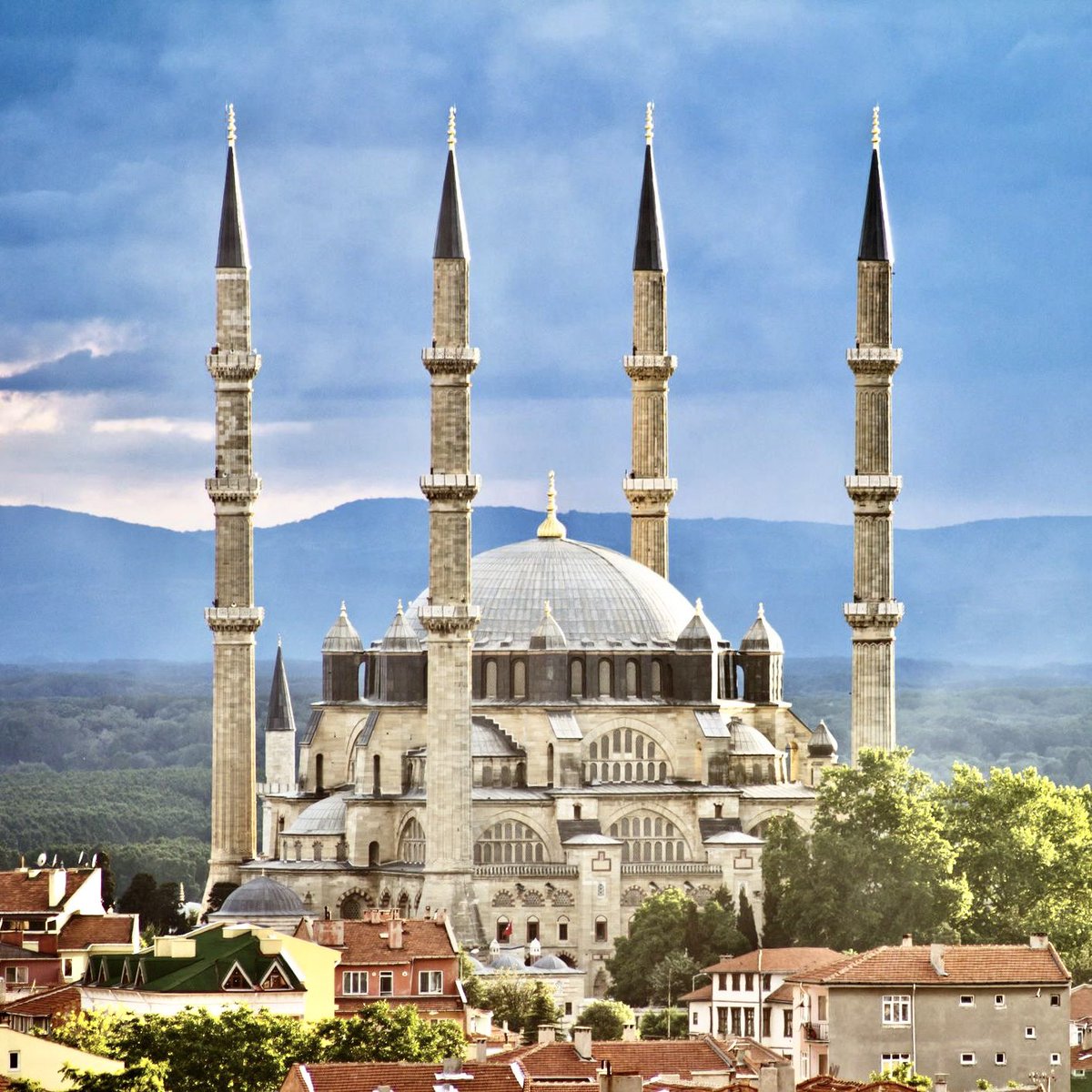
10/ Prior to Süleymaniye, mosques had not incorporated half cubic roofs. The concept of such design was derived from the Hagia Sophia. Sinan's remarkable accomplishment allowed him to rise above the anonymity of his predecessors. 
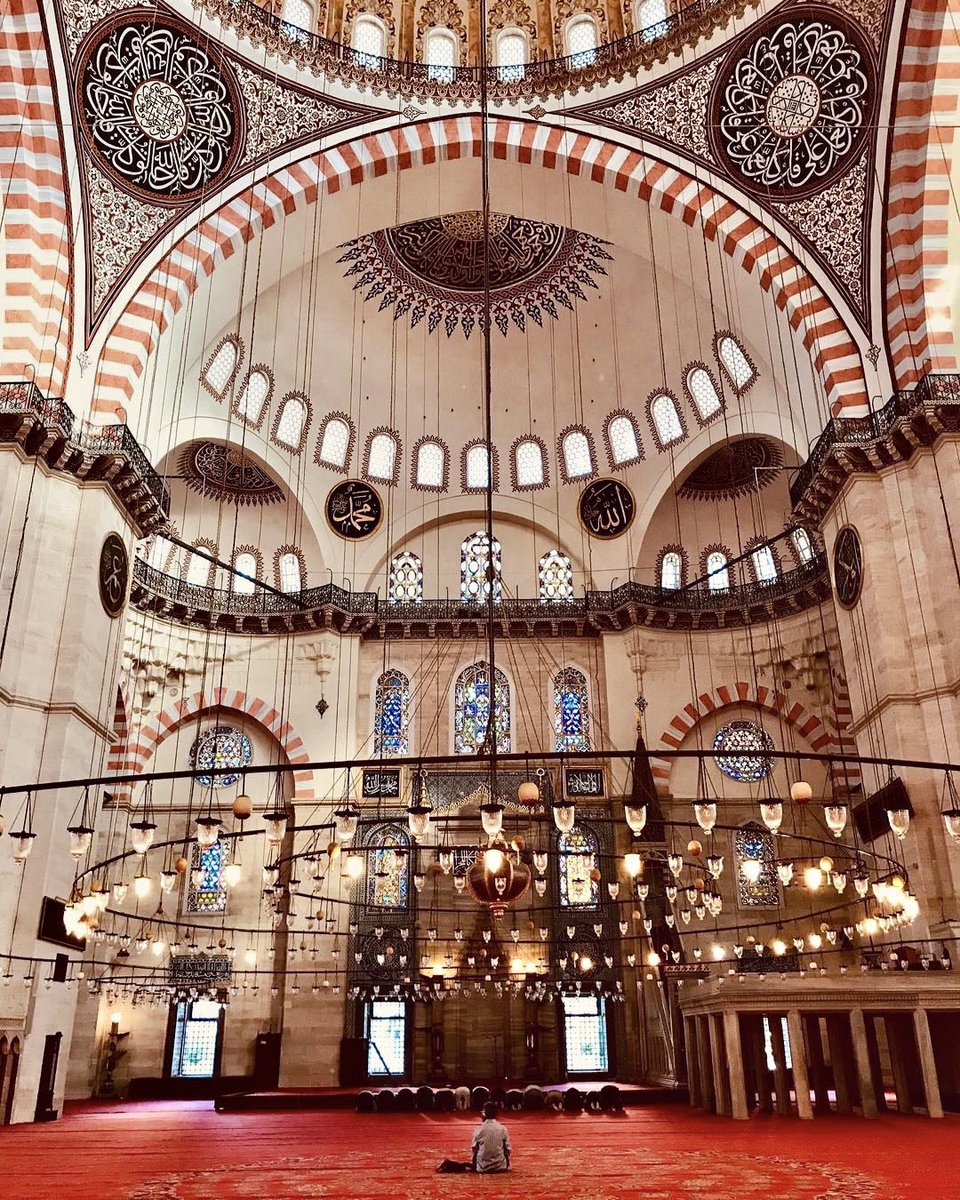
11/ Sinan's remaining works include the Sokollu Mehmed Pasha Mosque, Caferağa Medresseh, Kılıç Ali Pasha Complex, Molla Çelebi Mosque, Haseki Baths, Çemberlitaş Baths, Piyale Pasha Mosque, and more.
Inside Kadırga Sokullu Mehmet Pasha Mosque
Inside Kadırga Sokullu Mehmet Pasha Mosque

12/ Sinan's architectural prowess extended beyond the empire's borders. Notable works include the Mehmed Paša Sokolović Bridge in Višegrad, Banya Bashi Mosque in Sofia, and Al-Takiya Al-Suleimaniya in Damascus.
Mehmed Paša Sokolović Bridge opened in 1577.
Mehmed Paša Sokolović Bridge opened in 1577.

13/ The al-Manakhlia mosque of Damascus was built in 1258-59. The minaret was added by the famous architect Mimar Sinan in 1565, so the building is known today as the Mosque of Sinan the Great.
Damascus - Mosque of Sinan Agha
Damascus - Mosque of Sinan Agha

14/ Sinan's dedication to his craft is evident in structures like the Yavuz Sultan Selim Madras, Mimar Sinan Bridge in Büyükçekmece, Church of the Assumption in Uzundzhovo, Tekkiye Mosque, and Khusruwiyah Mosque.
Tekkiye Mosque, Damascus, Syria
Tekkiye Mosque, Damascus, Syria
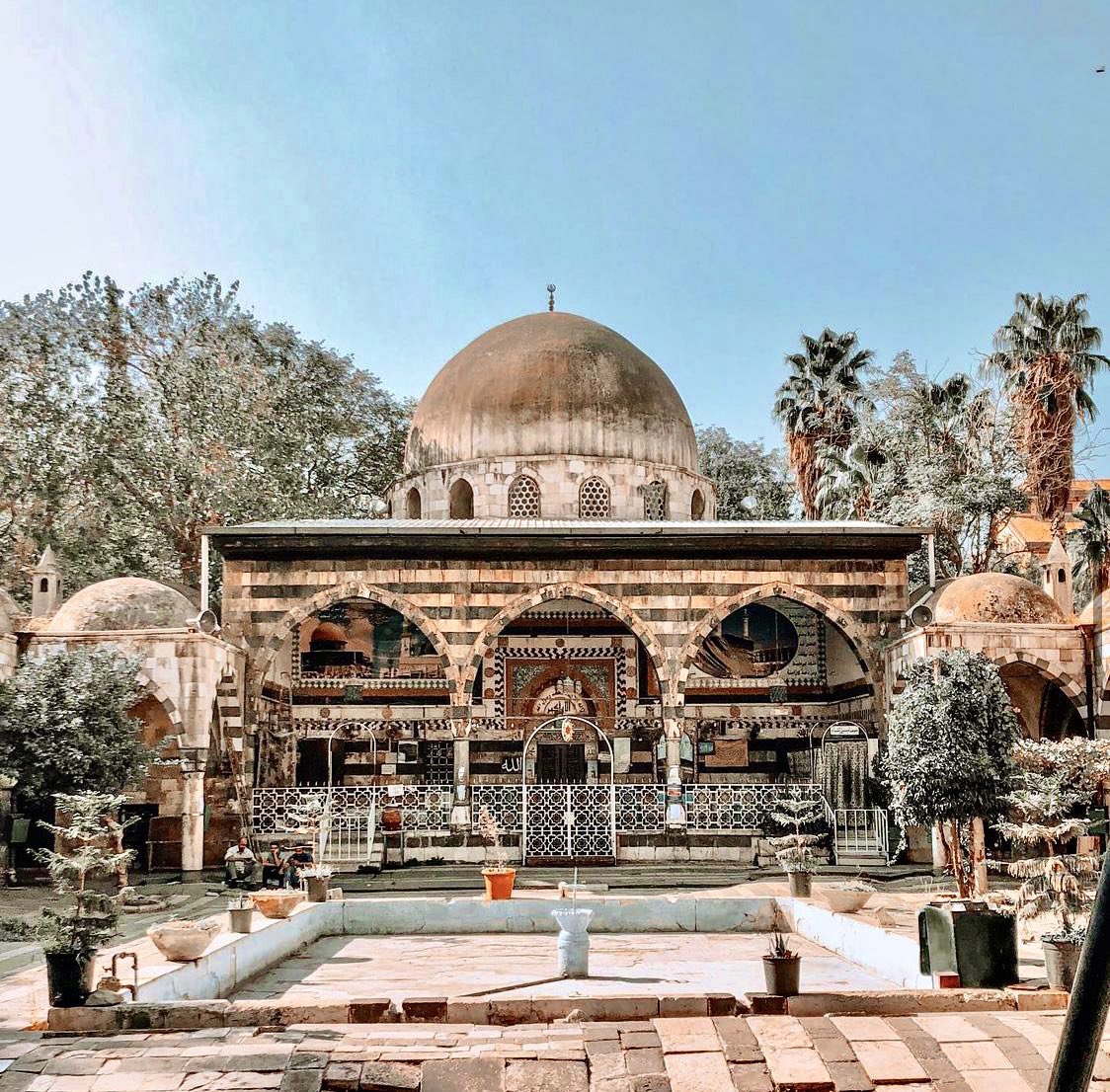
15/ This is a a revolving column or earthquake scale. Originally designed by Mimar Sinan (1490-1588), they are capable of detecting deformation in the structure after earthquakes.
16/ Sinan's meticulous attention to detail, innovative designs, and harmonious integration of aesthetics and functionality set him apart as a true architectural visionary.
Osman Shah Mosque in Trikala. It's the only work by Ottoman master architect Mimar Sinan in Greece
Osman Shah Mosque in Trikala. It's the only work by Ottoman master architect Mimar Sinan in Greece
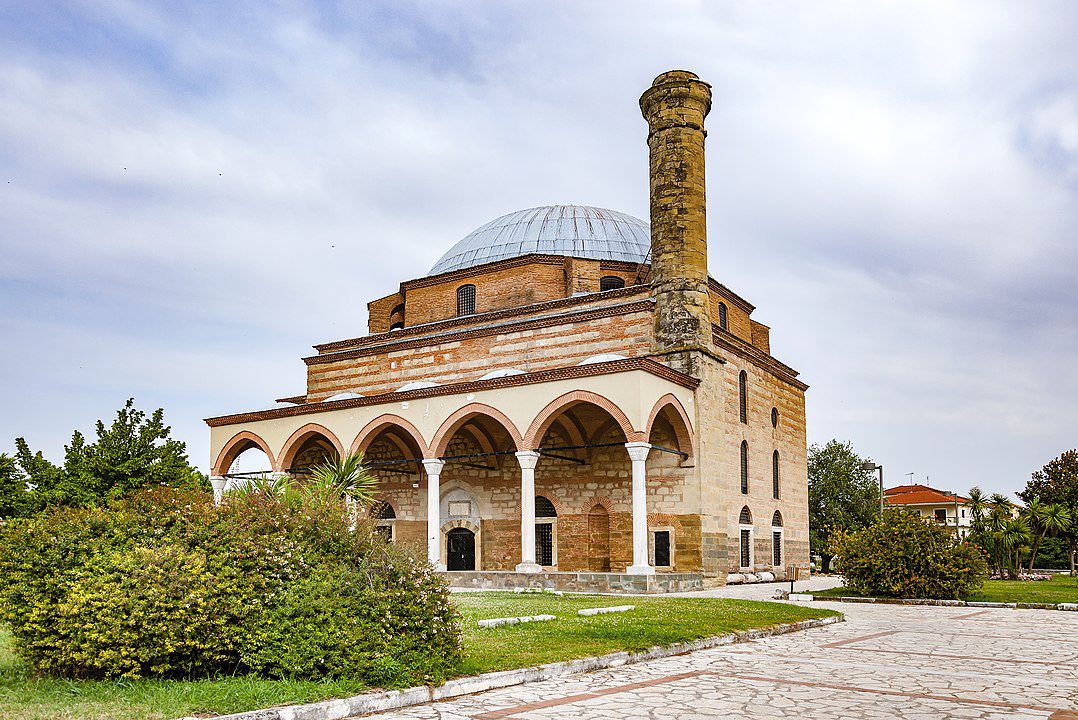
17/ He also emphasised the integration of architecture with nature, incorporating gardens and courtyards into his designs to create harmonious spaces.
Cenabi Ahmet Pasha Mosque, the only work of Mimar Sinan in Ankara
Cenabi Ahmet Pasha Mosque, the only work of Mimar Sinan in Ankara
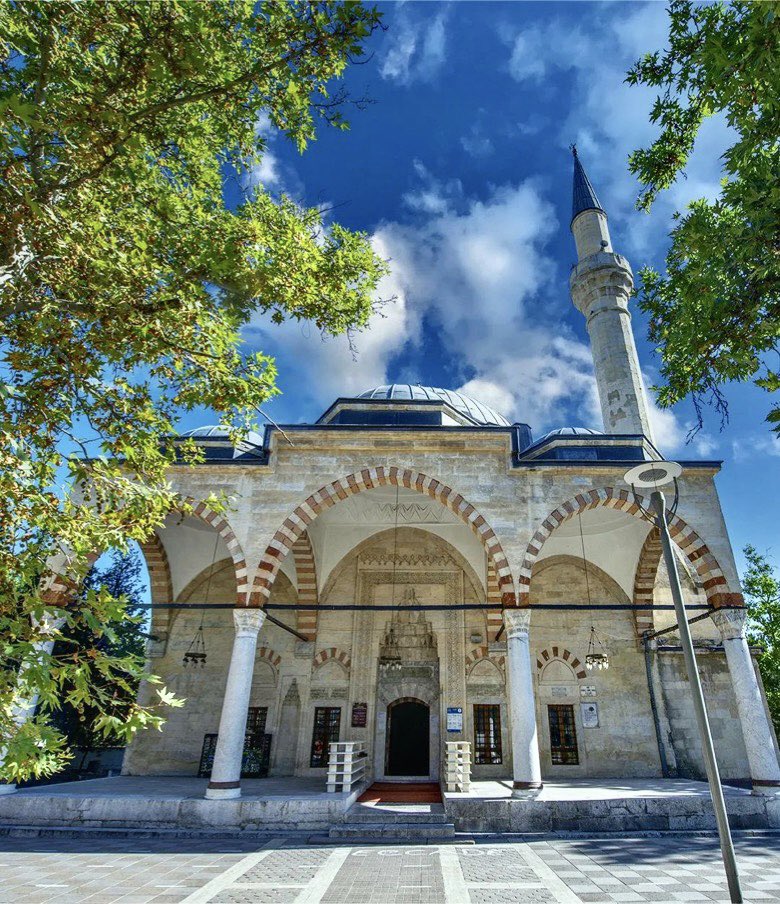
18/ Sinan's craftsmanship extended beyond architecture, as he was also skilled in calligraphy and stone carving, contributing to the intricate ornamentation of his structures.
19/ In recognition of his contributions, UNESCO designated eight of Sinan's structures, including the Süleymaniye Mosque and the Selimiye Mosque, as World Heritage Sites.
20/ His work had a lasting impact on the architectural landscape of Turkey, and many of his buildings continue to be admired and visited by people from around the world.
Şehzadebaşı Mosque and its complex, one of the greatest works of Mimar Sinan
Şehzadebaşı Mosque and its complex, one of the greatest works of Mimar Sinan

21/ Sinan's influence lives on through his masterpieces. His impact on Istanbul's transformation and the architectural landscape of the Ottoman Empire is profound.
Inside Şehzadebaşı Mosque and its complex, one of the greatest works of Mimar Sinan
Inside Şehzadebaşı Mosque and its complex, one of the greatest works of Mimar Sinan
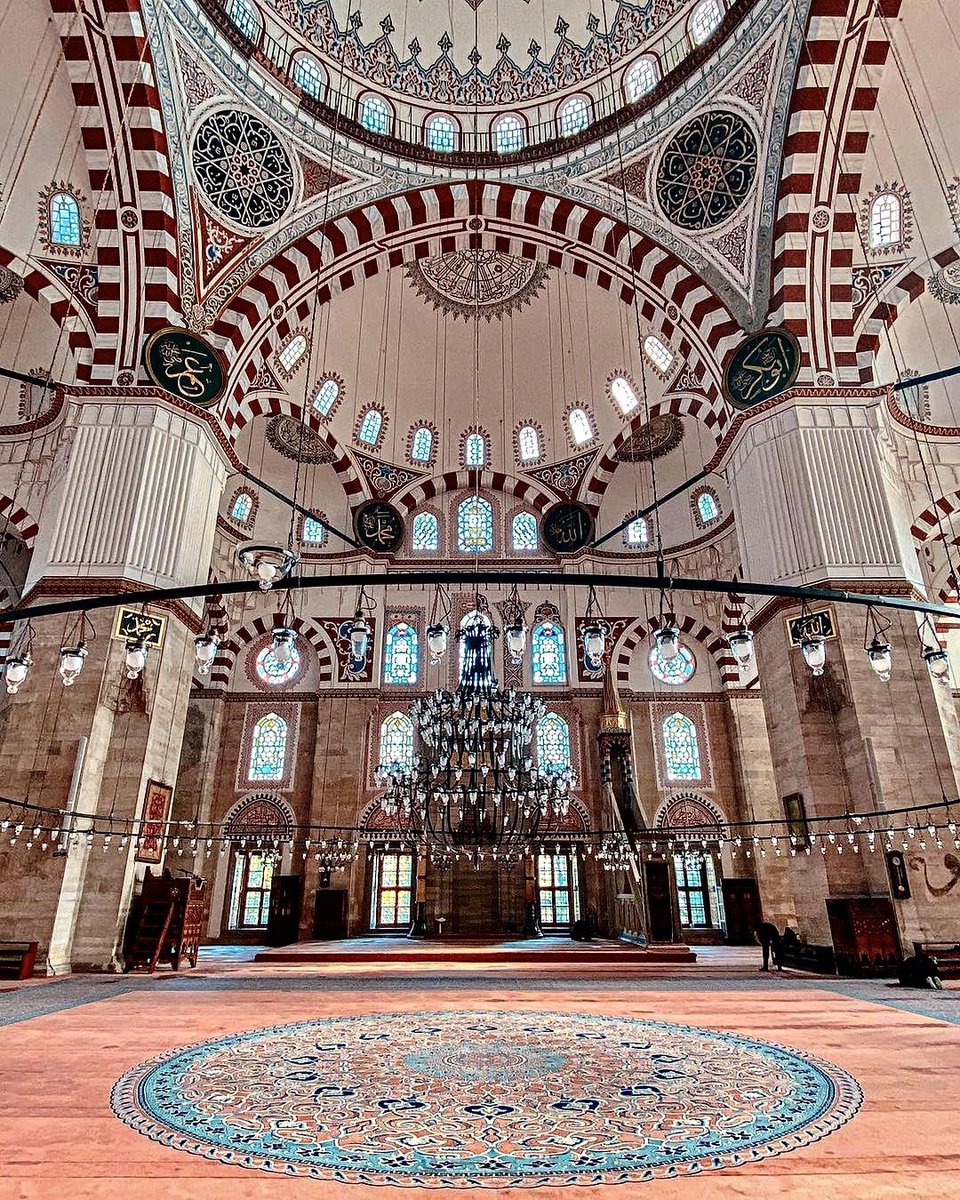
22/ Sinan's exceptional career came to an end in 1588. He was laid to rest in a tomb of his own design, situated near the Süleymaniye Mosque. 

23/ Sinan's masterpieces serve as enduring symbols of Ottoman power and cultural identity. They are a source of pride and inspiration for Turkey and the world.
Şemsi Ahmed Paşa Mosque, also known as Kuşkonmaz Mosque, was built in 1581 by Mimar Sinan. 
Şemsi Ahmed Paşa Mosque, also known as Kuşkonmaz Mosque, was built in 1581 by Mimar Sinan.

24/ Let us remember and celebrate the extraordinary legacy of Mimar Sinan, the greatest Ottoman architect whose works continue to captivate and inspire generations, reminding us of the timeless beauty of architecture. 
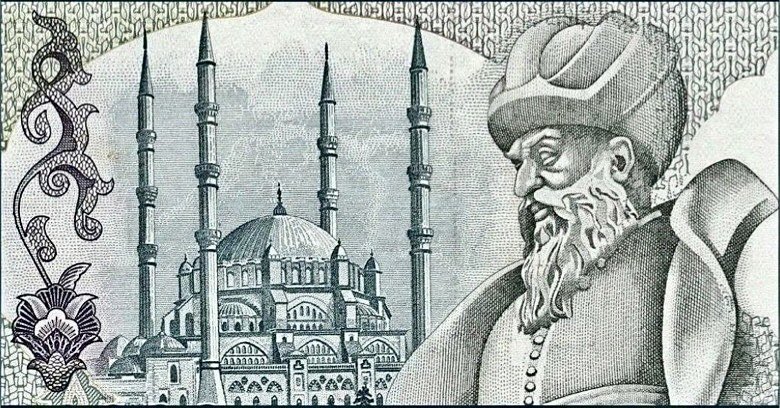
Want to know more about Islamic architecture?
Join us for a fascinating online event exploring the past, present, and future of Islamic architecture.
Thursday 20 July
1:00pm - 2:30pm BST
If you can’t attend live don’t worry, everyone registered will receive a recording of the… twitter.com/i/web/status/1…
Join us for a fascinating online event exploring the past, present, and future of Islamic architecture.
Thursday 20 July
1:00pm - 2:30pm BST
If you can’t attend live don’t worry, everyone registered will receive a recording of the… twitter.com/i/web/status/1…

• • •
Missing some Tweet in this thread? You can try to
force a refresh


